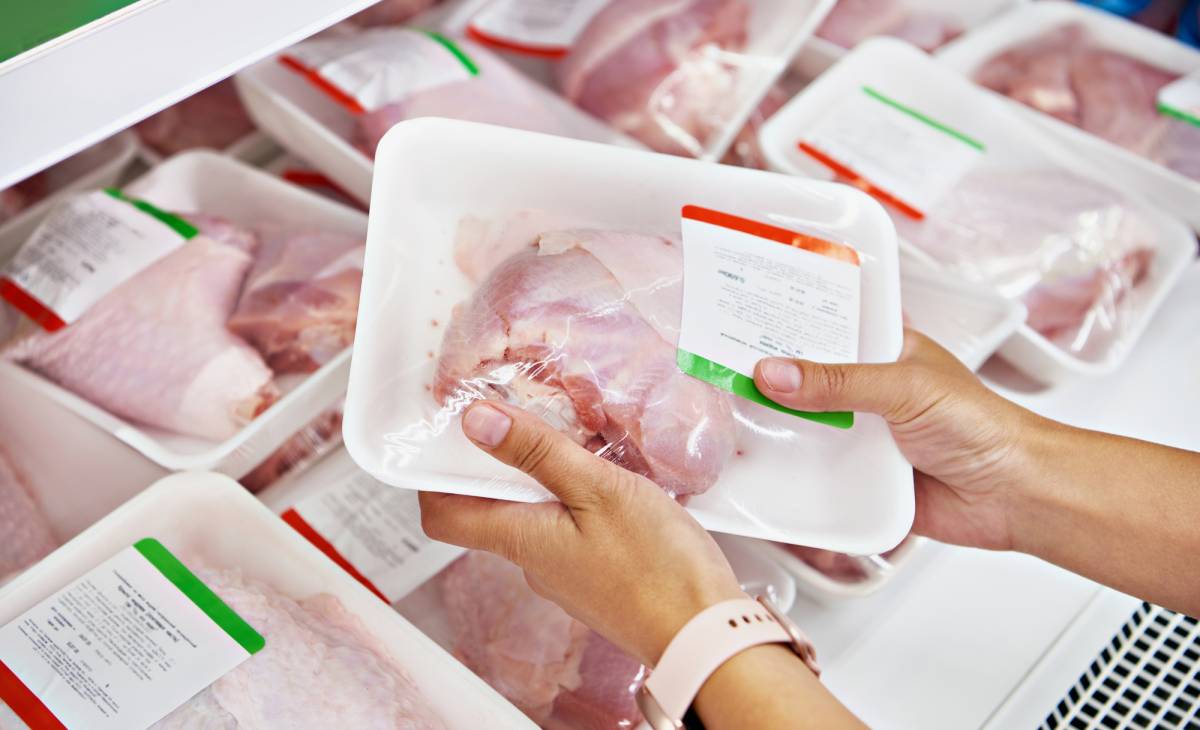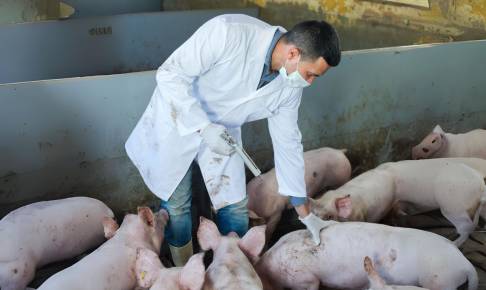UK: FSA publishes first survey of antimicrobial resistance bacteria in retail lamb and turkey meat
The UK Food Standards Agency has recently published its final report of the national-wide survey of antimicrobial resistance in specific bacteria from lamb and turkey meat on retail sale between October 2020 and February 2021.
Antimicrobial resistance (AMR) is the ability of microorganisms such as fungi, viruses, parasites, and bacteria to resist antimicrobial treatments. It happens when these microbes are exposed to antimicrobial drugs, i.e. antibiotics, over time. AMR is a natural process yet has been accelerated by the misuse and overuse of antimicrobials in the past two decades, becoming a significant global challenge nowadays. It makes treatments ineffective, posing a serious risk to public health, and consequently causes a great economic burden. It is estimated that AMR has resulted in 33 000 deaths per year and costs €1.5 billion per year in healthcare expenses and productivity losses in the European Union.
This recent report is part of the UK’s National Action Plan to tackle the issue of AMR, filling in the data gap of lacking AMR data for retail lamb and turkey meat. Thus, the methodology used in this survey was based on the current EU harmonized methodologies for the testing of retail beef, chicken, and pork, in order to generate comparable data.
The study was carried out on approximately 200 samples of each lamb and turkey meat from a total of 37 butchers and 21 supermarkets companies. Escherichia coli (E. coli) was tested on the lamb samples, while both E. coli and Campylobacter were tested on the turkey ones.
The surveillance report presents three main findings:
1. AmpC/ESBL resistant E. coli was detected in 2 (1%) of lamb and 24 (11%) of turkey meats whilst carbapenem resistance was not detected.
2. A transferable colistin resistance gene was detected in E. coli from 3 (1%) of turkey samples. Although it is the first time this type of resistance has been found in UK retail turkey meat, an FSA risk assessment deemed the risk to consumers to be very low.
3. Campylobacter was detected in 11% of turkey samples examined. The most common resistances detected in Campylobacter were to ciprofloxacin, tetracycline, and nalidixic acid.
The full report can be downloaded here.
Sources:






















